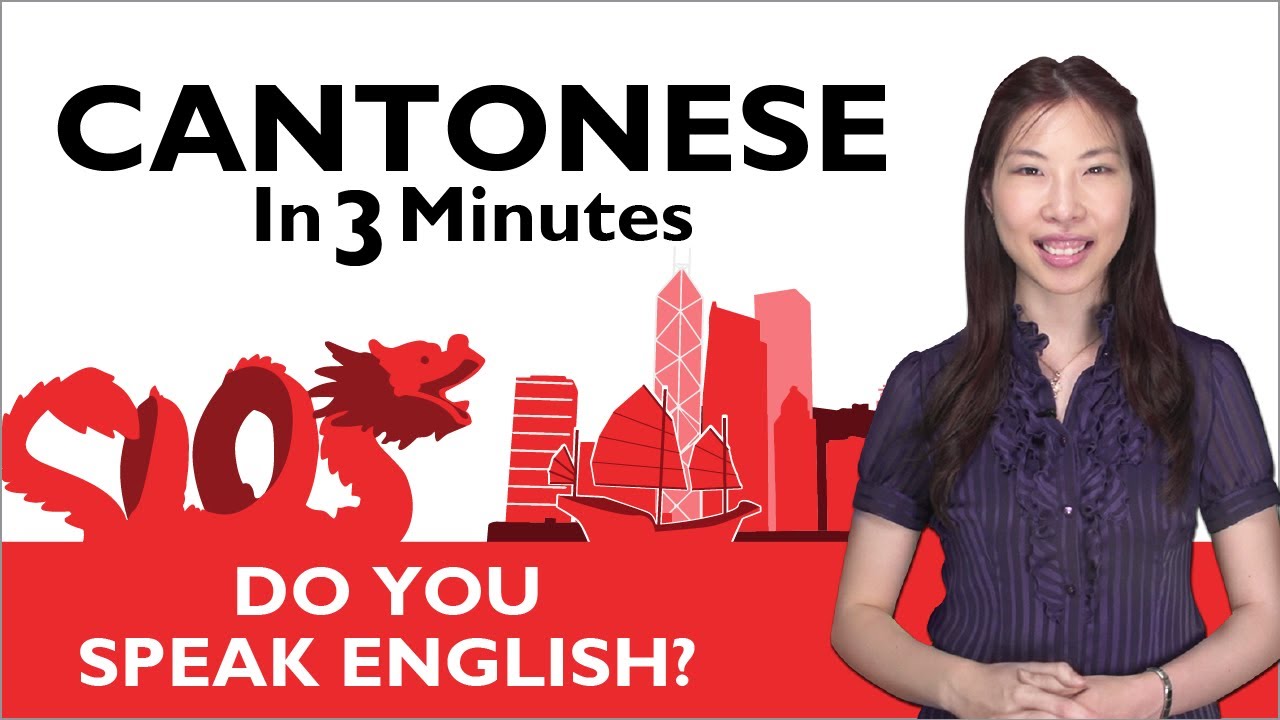
What language is spoken in Hong Kong? The easiest answer would be Chinese, as that is the official language of the city. However, even Hong Kong has a number of varied languages spoken and which are spoken in areas adjacent to the local Chinese language.
First, let’s start with Cantonese. It is the official language of Hong Kong. A majority of the population here actually speaks Cantonese, even though many other dialects are spoken also. Cantonese is closely related to Mandarin and is mutually understood by most of the local people of Hong Kong. It is, however, said to be the most difficult language to understand for the ordinary person, and even the governments of the PRC and China in general do not provide official dictionaries of the language. The government does, however, maintain a large number of Cantonese textbooks available to libraries and educational institutions.
Next, there is Mandarin, which is the language of mainland China and also known as Chinese spoken in Hong Kong. It is the most widespread of the dialects spoken in China and was, until recently, the dialect spoken throughout the whole country. The number of speakers of Mandarin has increased over the years due to immigration, especially from China itself, and the need for jobs in the western hemisphere. Like Cantonese, Mandarin is mutually understood by most of the locals.
Then there is the Mandarin dialect, which is a mixture of both Mandarin and Cantonese. A significant number of native speakers of this dialect have migrated to Hong Kong to pursue a career. Some of these immigrants speak both Cantonese and Mandarin as their native language. Others, mostly mainland Chinese, who do not wish to change their dialect, only speak Cantonese. As for the foreign businessmen, they speak both Mandarin and Cantonese, while a few are just Cantonese speakers with an ability to speak Mandarin.
Another major language spoken in Hong Kong is English, which is most commonly used as a global language of business and trade. The number of people who speak English in Hong Kong is increasing, since it is seen as a money-saving option for businesses who do not require their employees to learn the local language. Many companies have incorporated an American English version of their web site to attract more customers and to facilitate interactions between the company and its customers. Similarly, newspapers and magazines in English are in great demand.
Chinese also forms a part of Chinese culture, with a large number of tourists visiting Hong Kong every year. One reason for this increasing influx is the growing commerce between the Chinese mainland and the Hong Kong SAR (Provinces of China). Although English is the official language of trade, a small number of people in the tourism sector still communicate in Chinese. This has led to the creation of a number of dialects – especially in the semi-autonomous regions of Hong Kong.
An interesting phenomenon has happened in the past few years. Hong Kong’s population is aging. As the median age of the population rises, so does the number of speakers of different languages. Thus, while English has been the primary language throughout most of history, a number of Cantonese dialects have gained popularity among the younger generations. Some of these dialects, such as Basic Cantonese and Handicap Cantonese, have become the primary language spoken in some parts of Hong Kong.
Today, a total number of over forty languages are spoken in Hong Kong. Some of these, such as Chinese and English, are the local dialects spoken by local Chinese and foreigners respectively. Others, such as Mandarin and Punjabi, are more commonly used by the educated population. However, even within these different dialects, there are several major language varieties that are used every day, including English, Chinese, Tamil, Hindi, Kannada, Marathi, and many more.



